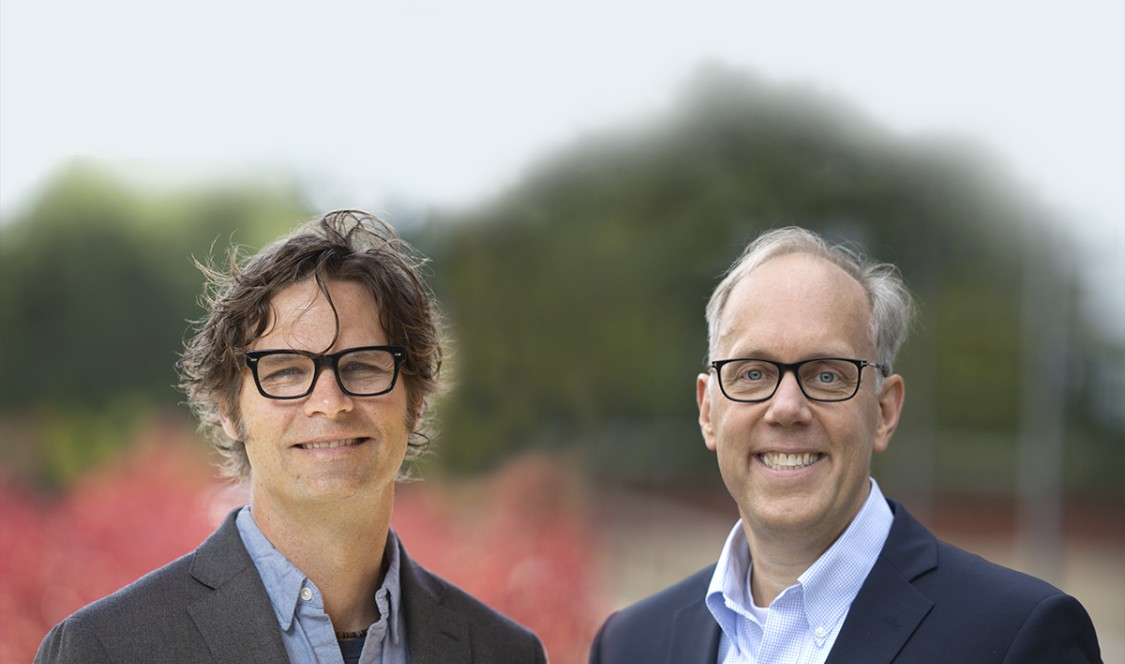Are wrongful convictions more frequent among Black Americans? In their article, “What Can DNA Exonerations Tell Us About Racial Differences in Wrongful Conviction Rates?” CMC economics professors David Bjerk and Eric Helland focused on “one set of convicts for which we know innocence with certainty—those who were convicted for a crime but later exonerated via DNA evidence of innocence.”
Published in the Journal of Law and Economics, their research article found that the wrongful conviction rate for Black Americans is substantially higher than it is for White Americans when it comes to sexual assault and rape. The data on DNA exonerations, along with convictions data, can “reveal quite a bit about racial differences in wrongful conviction rates.”
We spoke with Prof. Bjerk, who is the Russell S. Bock Professor of Public Economics and Taxation, about what led to this research, and what it contributes to the study of racial inequities in the U.S. justice system.
Why focus your research on wrongful convictions? Why at this moment?
Part of the impetus for this research was some reading I’d been doing on particular cases of wrongful conviction, namely Bryan Stevenson’s book, “Just Mercy,” and another called the “Cadaver King and the Country Dentist” (by Radley Balko and Tucker Carrington). I also watched the docuseries, “Making a Murderer,” and the miniseries, “When They See Us,” based on the true story of the Central Park Five. These were all such heartbreaking and compelling narratives that have really affected me. But I also think it is just an interesting and difficult problem—how do we assure that those who commit crimes against others are held accountable, while at the same time not wrongfully punishing the innocent? This is a complicated theoretical problem that has long interested me as an economist. Interestingly however, very little statistical work has been done on wrongful convictions. While we have many examples of wrongful conviction, we don’t know much in aggregate about them. I thought this was something, we as economists, might be able to contribute to with our toolkit.
What was your most compelling discovery? Did you find anything that surprised you?
I think our most compelling discovery was just how strong our statistical evidence is that the wrongful conviction rate for Black Americans is substantially higher than it is for White Americans when it comes to sexual assault and rape. While this might not be surprising to some, the fact that we could prove this with relative certainty using data is very important. On the other hand, what was a bit surprising was that our methods and the existing data were not able to tell us much about whether there exists large racial differences in wrongful conviction rates for other crimes, including murder. More broadly, working on this project revealed the difficulties of attempting to do empirical work on this topic—there are just lots of complications that make it hard to use data to draw definitive conclusions in this area.
What do you think your research outcomes can tell us about racial bias in policing and sentencing?
I think it fills in a hole in the literature. There have been quite a few studies looking at racial disparities in policing and sentencing, but almost none looking at disparities in the process of determining guilt. While there is still much to learn, I think our study provides further evidence that seemingly reliable evidence—such as eyewitness identification—may not be as good as it seems, and indeed can further contribute to racial inequities in justice.
How does this fit into your overall work? What is the underlying thread?
I think for both Professor Helland and myself, this project fits squarely in our interests in how data and empirical methods can be used to better understand and illuminate how our justice system works. Indeed, we are both currently on the board of directors for the Society of Empirical Legal Studies, an organization committed to such inquiry. Speaking more specifically for myself, I’ve had long-term research interests in studying the interactions between racial inequalities, poverty, and the justice system, and how an economics approach can help us better understand these issues. I think this project was a natural outgrowth of those interests.
What’s next?
We have definitely talked about a follow-up project thinking about the extent to which the advent of DNA testing may have lowered the likelihood of wrongful convictions. I’m also interested in figuring out how to use data to get a clearer picture regarding how common wrongful convictions are. Whether or not we make progress on these issues is yet to be determined. In somewhat related work, I’m also working on a project that attempts to assess the long-term incarceration consequences of growing up in a crime boom. This, again, fits in a larger research agenda of linking adult outcomes to experiences individuals had while still young.
—Anne Bergman

